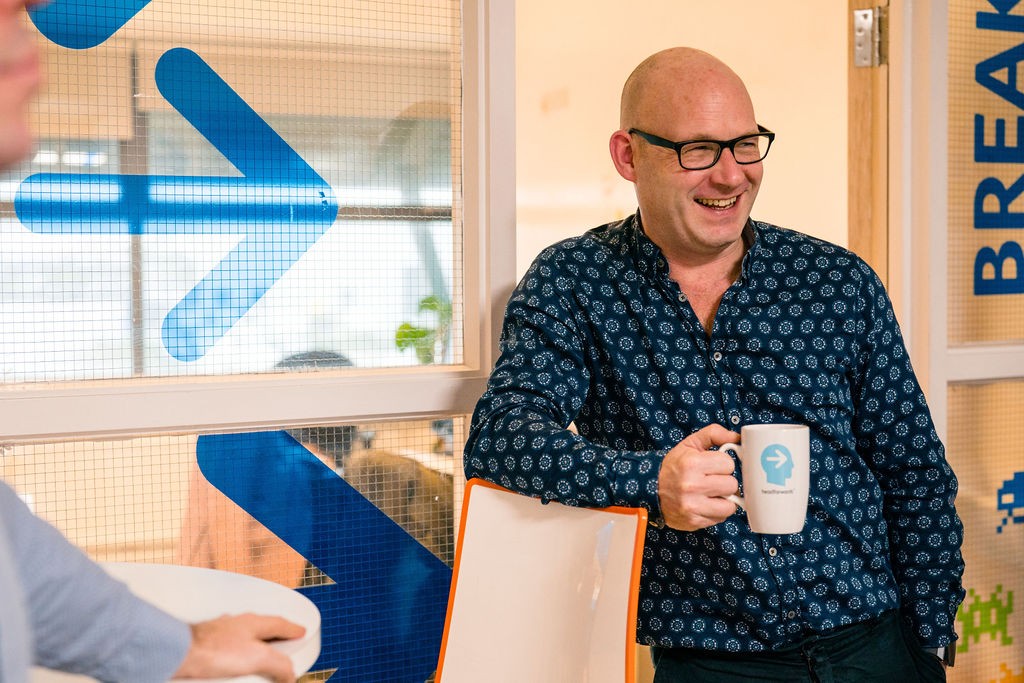UK makes a quantum leap
Posted on 22nd July 2021 by Jon Howell

Cambridge Quantum (CQ) has announced that it has developed a new algorithm for solving combinatorial optimisation problems using near-term quantum computers. These mathematical puzzles, typified by the travelling salesman problem, appear frequently in business, in particular when it comes to tasks such as vehicle routing or job scheduling.
This kind of optimisation problem is common in real-world situations such as designing manufacturing processes, filling delivery trucks, or routing passenger jets. The difficulty comes because it’s what computer scientists refer to as an NP-complete problem, loosely meaning that it takes much longer to solve as the number of variables increase. It’s a common phrase to say that something gets “exponentially more complex”. In this case, that’s exactly what happens. For real-world conditions, computers tend to have to find approximate solutions, trading the quality of the solution so that it can be solved in a reasonable timeframe.
In the paper, published on the pre-print repository arXiv, CQ scientists introduce the Filtering Variational Quantum Eigensolver (F-VQE) to make combinatorial optimisation more efficient. They used the Honeywell System Model H1 quantum computer and, with the new approach, they outperformed the existing “gold standard” algorithms, such as the Quantum Approximate Optimisation Algorithm (QAOA) and the original VQE, reaching a good solution 10 to 100 times faster. CQ believes that this development will set a new industry standard for the future of quantum computing.
The head of the team, Dr. Mattia Fiorentini, explained that the new algorithm has distinct advantages over previous quantum algorithms. “It finds good candidate solutions faster and uses quantum hardware much more efficiently. F-VQE could have a transformative impact, helping to solve previously intractable problems across business and industry,” he said.
The CEO of Cambridge Quantum, Ilyas Khan, put things into a wider perspective. “Our team of scientists is relentlessly focused on closing the gap between the real-world limits of classical computation and the quantum advantage that will be available in the NISQ era. They are establishing new standards in quantum computing and their research will inspire rapid further progress.”
The paper was authored by CQ’s research team comprising Michael Lubasch, Ph.D., David Amaro, Ph.D., Carlo Modica, Ph.D., Matthias Rosenkranz, Ph.D., and Marcello Benedetti, Ph.D.. The scientists are part of CQ’s Machine Learning and Quantum Algorithms team headed by Dr. Mattia Fiorentini.
Congratulations to them all, as they help pave the way for the quantum computers of the future.





Leave a Reply
You must be logged in to post a comment.